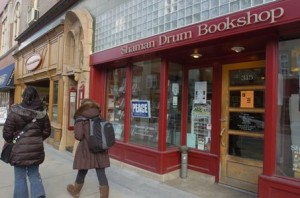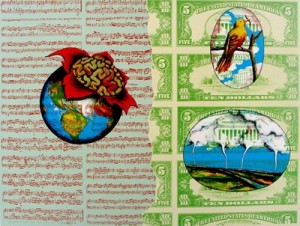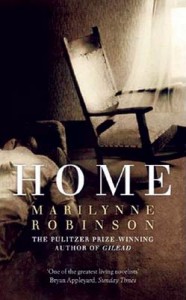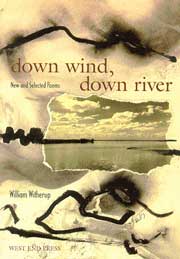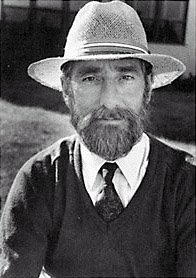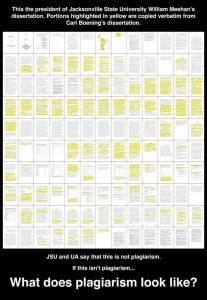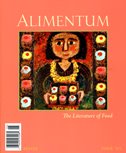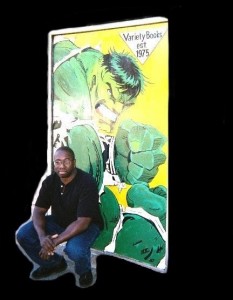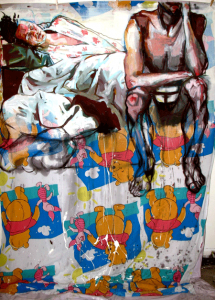 Editors John Schoen, Jackie Cassidy, Steven Harbold, David Brennan, Jonathan Perrotto, John Schoen, Chris Vicari, Mark Buckalew, Sean Piverger, and readers Jamie Elfrank, George Ganigan, Shannon Spillman are the powerhouse behind 322 Review‘s impressive debut. The online journal includes and accepts submissions of of fiction, creative nonfiction, poetry, and mixed media, as well as plans to include podcasts and video.
Editors John Schoen, Jackie Cassidy, Steven Harbold, David Brennan, Jonathan Perrotto, John Schoen, Chris Vicari, Mark Buckalew, Sean Piverger, and readers Jamie Elfrank, George Ganigan, Shannon Spillman are the powerhouse behind 322 Review‘s impressive debut. The online journal includes and accepts submissions of of fiction, creative nonfiction, poetry, and mixed media, as well as plans to include podcasts and video.
In addition to and interview with and featured writing by Thaddeus Rutkowski, issue one includes fiction by Douglas Bruton, Kristopher Jansma, Douglas Bruton, and George Ganigan; creative nonfiction by Kaysie Norman; poetry by Richard Fein, Howie Good, Jill Jones, Niels Hav, Robert K. Omura, Charles Musser, Ray Succre, Leslie Tate, and Rachel Bellamy.
The site also features an online gallery of works by artists Boz Schurr, Danni Tsuboi, Lauren Taylor Tedeschi, Peter Schwartz, John Berry, Sean Jewell, Christopher Woods, and Adriana Brattelli.
322 Review will publish online quarterly and run its “most exemplary” submissions in print twice a year. Full submission information and deadlines can be found under Writer’s Guidelines.
[Image: jaco2 by Danni Tsuboi]

